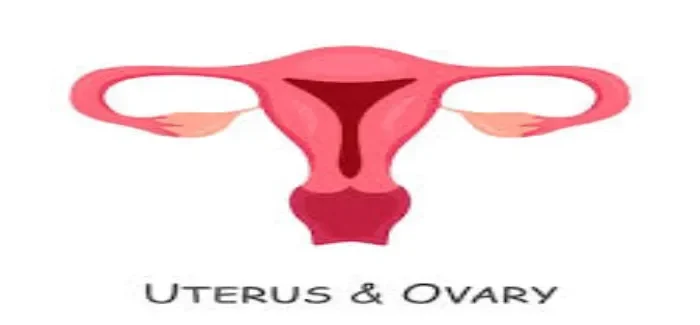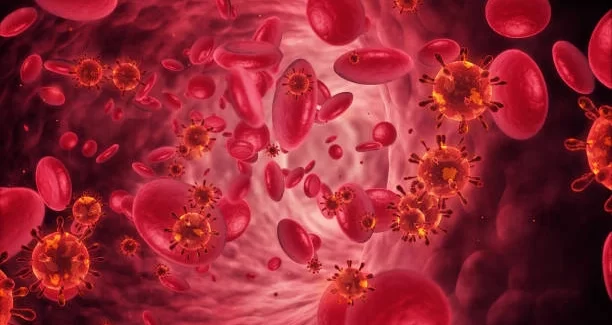Pregnancy – Diet & Fitness

Posted Date: April 23rd, 2023
While being pregnant is a wonderful and life-altering experience, it also calls for extra caution and focus on nutrition and exercise. As a pregnant woman, you want to ensure that you are preserving your personal health and wellbeing while also giving your developing baby the nutrition they need to flourish and thrive. While being pregnant is joyous, it also needs extra care with nutrition and exercise to protect both the mother’s and the unborn child’s health.
When you are pregnant, eating well may serve double duty by nourishing your body and providing your unborn child with the vitamins and minerals required for growth and development. The same is true of fitness; what is excellent for you may have a big impact on your unborn child.
In This Article
See also
Pregnancy diet
During pregnancy, a woman’s body goes through a lot of changes, so it is crucial to look after both yourself and your developing child. Eating a healthy, balanced diet that contains all the required nutrients is one of the most crucial strategies to do this. We will talk about the key elements of a wholesome pregnant diet in this blog.
1. Protein
Protein is a necessary component that supports bodily tissue growth and repair. It is particularly crucial during pregnancy. You need protein to maintain your growing body and your baby needs it to grow and develop appropriately. Lean meat, fish, poultry, beans, lentils, nuts and seeds are all excellent sources of protein.
2. Veggies and fruits
Vegetables and fruits are crucial sources of Getting enough fiber, vitamins and minerals is crucial for a healthy pregnancy. Choose a range of hues and varieties and make an effort to consume at least five servings daily. Leafy greens, berries, citrus fruits and sweet potatoes are all healthy options.
3. Whole grains
Complex carbohydrates, a rich source of both energy and fiber, may be found in whole grains. To feel full and satisfied, choose whole-grain bread, pasta, rice and cereal. The growth of your infant depends on the B vitamins, which are abundant in whole grains.
4. Dairy Goods
The development of your baby’s strong bones and teeth depends on calcium, which is found in dairy products like milk, cheese and yoghurt. Moreover, they are abundant in protein and vitamin D, which aids calcium absorption by your body.
5. Iron
The production of haemoglobin, which transports oxygen to your baby’s growing organs, depends on iron, a vital element. Red meat, chicken, fish, beans and leafy greens are all good sources of iron. Pair these foods with fruits and vegetables that are high in vitamin C to boost your body’s ability to absorb iron.
6. Water
Your body needs water to operate correctly and pregnancy makes it even more crucial. Aim for at least 8 to 10 glasses daily and up that number if you are active or living somewhere hot. Complications including premature labour and low amounts of amniotic fluid might result from dehydration.
Additionally, it is crucial to minimise processed meals, sugary beverages and foods rich in saturated and trans fats when pregnant. These Foods can cause gestational diabetes, excessive weight gain and other issues.
In conclusion, a nutrient-rich diet during pregnancy should contain a range of foods such protein, fruits, vegetables, whole grains, dairy products, foods high in iron and lots of water. If you have any queries or worries regarding your pregnant nutrition, speak to your doctor or a trained dietitian.
Pregnancy Fitness
Pregnancy is a time when it is crucial for both the mother and the unborn child to stay physically healthy. Regular exercise can enhance the mother’s mood and energy levels while lowering the risk of pregnancy-related problems including gestational diabetes and pre-eclampsia.
It is crucial to speak with your healthcare practitioner to ensure that any fitness programme you begin while pregnant is healthy for both you and your unborn child. Your doctor may advise alterations to or restrictions on your fitness program, depending on your personal health and if you are pregnant.
Here are some pointers for a secure and successful pregnant workout:
• Pick low-impact workouts:
Pregnant women should consider low-impact exercises like walking, swimming and prenatal yoga since they help lower the risk of complications of damage.
• Remain hydrated:
During pregnancy, staying hydrated is crucial, especially while working out. Water is important to consume before, during and after exercise.
• Don comfy attire:
Pick clothing that is airy, loose-fitting and allows you complete range of motion. In order to support your breasts as they develop and alter throughout pregnancy, a supportive sports bra is also crucial.
• Avoid workouts that involve resting flat on your back:
Exercises that call for prolonged durations of flat-back reclining should be avoided after the first trimester. The vena cava, a significant blood artery that affects blood flow to the uterus and the fetus, may be compressed in this posture.
• Observe your body:
Be mindful of your body and how you are feeling during a workout. Stop exercising right away and speak with your doctor if you have any pain or discomfort, dizziness or light-headedness.
In conclusion, continuing a regular fitness regimen while pregnant has several advantages for both the mother and the unborn child. To promote a safe and healthy pregnancy, seek advice from your healthcare professional about the sorts of exercise that are appropriate for you. You should also always pay attention to your body.
End Note
Although being pregnant is a beautiful and life-changing event, it also calls for additional care and attention to nutrition and exercise to safeguard the health of both the mother and the unborn child. One of the most crucial methods to do this is by eating a nutritious, balanced diet that includes all the necessary elements. Lean meat, fish, poultry, beans, lentils, nuts and seeds are all sources of protein, which is a crucial substance for supporting the growth and repair of physiological tissues. Along with whole grains, dairy products and iron, fruits and vegetables are significant providers of fiber, vitamins and minerals. Eating correctly may benefit both you and your unborn kid by fuelling your body and giving them the vitamins and minerals, they need for healthy growth.
Poultry, red meat and to increase the body’s capacity to absorb iron, foods high in vitamin C—such as fruits and vegetables—should be combined with iron-rich foods like fish, beans and leafy greens. In addition to water, it is critical to limit processed foods, sweetened beverages and foods high in saturated and trans fats. A variety of foods, including protein, fruits, vegetables, whole grains, dairy products, foods high in iron and lots of water, should be included in a nutrient-rich diet throughout pregnancy. Pregnant women should choose low-impact exercises, drink enough of water, dress comfortably, avoid exercises that require lying flat on their backs and pay attention to their bodies as they exercise. Consult a medical expert for guidance on the kind of activities that will help to ensure a safe and healthy pregnancy.
Related Posts
Dr. Emily Carter is a seasoned health writer and wellness advocate at Healths News Today. With over a decade of experience in the healthcare industry, she specializes in translating complex medical information into easy-to-understand content that empowers readers to make informed decisions about their health.








